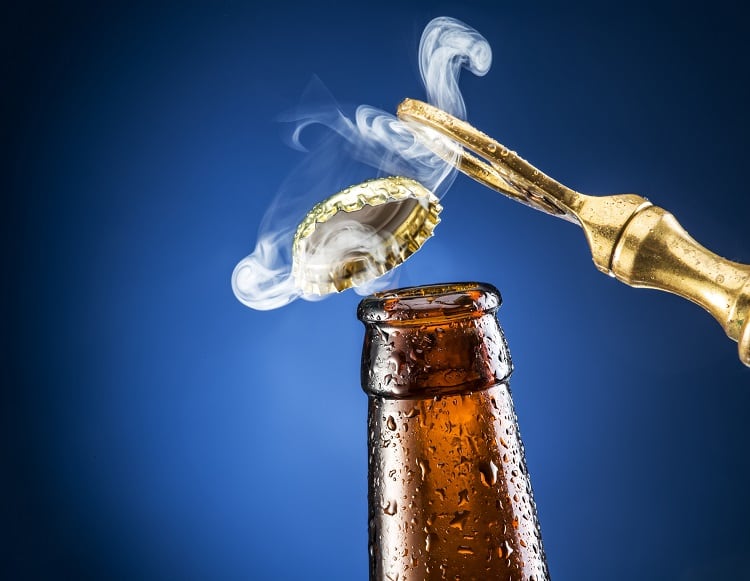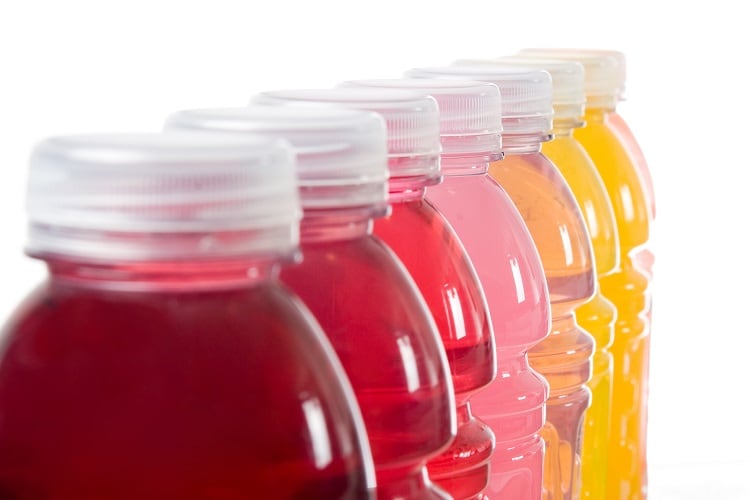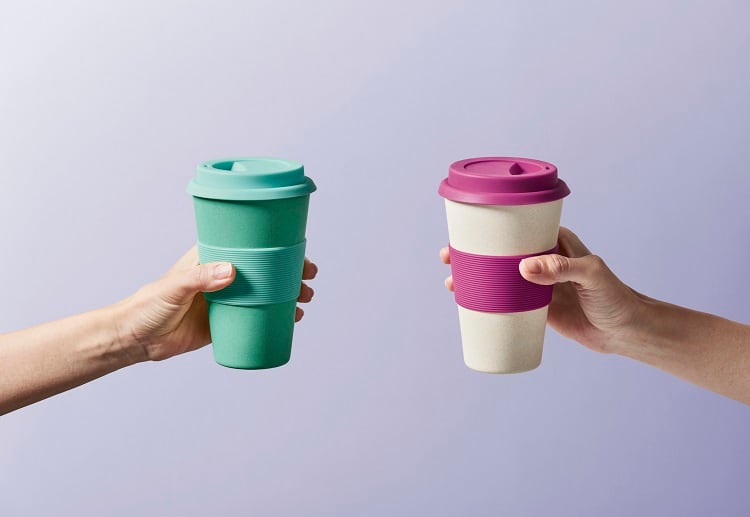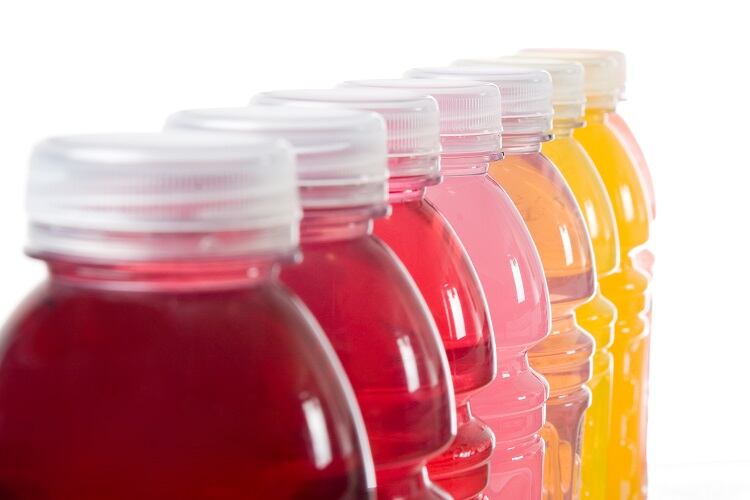The year 2023 will not be remembered for booming growth in beverages. Globally, the litre volume trajectory ‘slowed significantly’, according to Euromonitor International. The market research firm puts this down to ‘record’ increases in selling price.
In Western Europe and North America, the retail packaged soft drinks industry experienced ‘flat’ or ‘slightly negative’ volume performance across sparkling, juice and bottled water categories. And in an interesting dynamic shift, Asia, Latin America, the Middle East and Africa are now powering volume consumption within the drinks sector.
From a retail perspective, value grew by 5% in fixed constant dollar terms.
“The main factor that influenced the beverages market in 2023 was consumer behaviour,” observed Francois Sonneville, senior beverages analyst at global food and agri bank Rabobank. “We noticed they tended to prioritise healthier and cheaper products, which led to reduced alcohol consumption and a reversal in premiumisation.”
How will these existing trends evolve in 2024? And which up-and-coming innovations should industry keep a close eye on? FoodNavigator investigates.
Alcohol struggles amid cost-of-living crisis
The reduced alcohol consumption trend may not be going anywhere fast: it is thought more people participated in Dry January this year than ever before. Rabobank’s Sonneville acknowledged this may have been driven by tough economic times, but also believes health played a role too.
“Alcohol-free beer consumption has risen to 2.5 times its 2017 level, a growth that has been helped by an increase in the quality of the product, more variety and consumers opting to stay sober.”
But Dry January – which admittedly only runs for one month (a bit more info here) – is not the only indicator of decreased alcohol consumption. Western Europe, and the UK specifically, have experienced declines in consumption over the last couple of years and per capital alcohol consumption has dropped significantly lower than 2017 levels.
“While a change in consumer behaviour can explain much of the decline, a reduction in the number of pubs is also a contributing factor,” believes the senior beverages analyst. “The number of UK pubs has fallen by roughly 25% since the early 2000s and while many at the start of 2023, thought that the fog was beginning to clear, the last 12 months proved to be another difficult year for the sector.”
As to why consumers have become more cost-conscious – resulting in trade downs from premium beverages – is linked to the economy. “For years, the phrase ‘drinking less but better’ was a phrase to live by, but when the cost-of-living crisis hit, consumers were pushed to reevaluate their spending habits.”

Consumers are not the only ones to have suffered under the weight of increased inflation. According to Sonneville, brewers have also felt the pressure – especially craft brewers.
“With fewer financial reserves and higher manufacturing costs, many craft brewers struggled in 2023, to the point where some had to close,” he told this publication.
“As a result, the reversal of premiumisation was not only because of a more cost-conscious consumer, but because there were fewer premium options left on supermarket shelves.”
Some spirits and mixers will benefit from steadying inflation, rising wages
But the future looks bright. It is expected the next 12 months will be more positive for the beverage industry as inflation comes down and wages rise. With purchasing power restored, consumers may even begin to explore new drinking options, suggested Sonneville. This could create a more ‘welcoming’ environment for innovative brewers.
Euromonitor is expecting ready-to-drink canned cocktails to remain a focus area for soft drink producers, having observed co-branding efforts between soft drink brands and spirits increase. A well-publicised example includes Pernod Ricard’s tie up with The Coca-Cola Co. to create Absolute & Sprite.
Innovation in alternative categories – such as adult soft drinks, premium mixers, and other options that ‘blur the line’ between no/low alcohol and traditional soft drink – is also on the rise, noted the market analyst firm.
Elsewhere in the alcohol category, tequila and tequila-based mixes are predicted to become an ‘industry favourite’ in 2024, Rabobank’s Sonneville revealed. “While the tequila market is still relatively slow, celebrity endorsements from the likes of George Clooney and Kendall Jenner have helped spark consumer interest in the last couple of months and, in turn, driven sales.”
Celebrity endorsements – whether stars own or just back particular brands – is another trend predicted to stay. The reason is at least two-fold: firstly, since alcoholic beverages is a high margin segment, it attracts outside investment, explained alcoholic drinks market analyst firm IWSR. “While the trend may slow in the coming years, it’s expected to remain an industry trend,” Adam Rogers, research director – North America, recently told FoodNavigator.
Another perspective from marketing agency YesMore Agency’s Tom Harvey is that society is obsessed with fame and has been for ‘centuries’. He is also predicting celebrity and drink brand partnerships to stay, but for consumers to hold celebrities and their brand partners to greater account, especially if they’re not upholding a certain level of standards and values.
How the health and wellness trend is influencing beverage demand
Wellness has also been selected as a top trend for the soft drink industry by Euromonitor. Over the past year, energy drinks, sports drinks, and other functional beverages – including soluble powder concentrates – has stood out in the category.
It is expected this trend will continue, with non-alcohol beverage producers jumping in on the health and wellness trend too by incorporating ingredients for digesting health (such as prebiotic sodas) with focus, productivity, and relaxation front-of-mind.

Food processing and packaging supplier Tetra Pak also expects beverages promising health and wellness to continue to gain traction. The reason is at least two-fold, with the first linked to personalised nutrition, we were told.
“There is a growing interest in personalised nutrition, with consumers seeking products tailored to their specific needs and lifestyles,” explained Anna Larsson, business insights leader, Tetra Pak. “Brands are increasingly offering a wide range of personalised beverage options to cater to individual preferences and health goals.”
According to proprietary research, nearly three-quarters (74%) of consumers are either interested or very interested in purchasing products with specific health claims, with products that strengthen the immune system and reduce the risk of diseases topping the list at 43%.
The company is currently exploring opportunities include postbiotic food concepts including high protein ambient yoghurt, high protein tea, and reduced sugar juice. “Postbiotics consist of different blends tailored to help address specific health requirements to safeguard against flu and the common cold, optimise the body's energy production, and promote smooth digestion, all without altering the product's flavour.”
Sustainability still important, but so is value for money
Another major trend predicted to influence beverage innovation this year is closely tied to environmental sustainability: drinks made with low-value side streams. As society becomes increasingly concerned about the environmental and social impacts of food waste, manufacturers are looking to incorporate upcycled ingredients or develop brand-new products.
But while consumers say they want to buy sustainable products, cost can hinder their intentions. “The trend for environmentally conscious purchasing isn’t going anywhere, but against continued cost pressure, the sustainability profiles of products are being evaluated more and more alongside other benefits,” explained Tetra Pak’s Larsson.
“Sustainable options need to provide co-benefits, such as value for money or nutritional profile.”
So what kinds of ultra-sustainable products might we see in the next generation of beverages? Tetra Pak’s business insights leader told us an ‘exciting example’ could come in the form of brewers’ spent grain, used to enhance the protein and fibre content of drinks.
“A byproduct of the brewing process, it is currently used predominantly as animal feed or landfill. However, it can now be upcycled into a liquid ingredient for usage in the food & beverage industry, addressing the dual trends of sustainable sourcing and reducing food loss and waste.”

In the long term, Rabobank is also predicted sustainability to become a greater focus for consumers – who will change their behaviours accordingly.
“While many consumers have taken an interest in more sustainable products, this has not come at the expense of other drivers of consumption such as price, convenience or taste,” echoed Rabobank’s Sonneville. “They have expected the value chain to pay for sustainability and have factored in premium prices but this could change as a new generation of consumer emerges."




